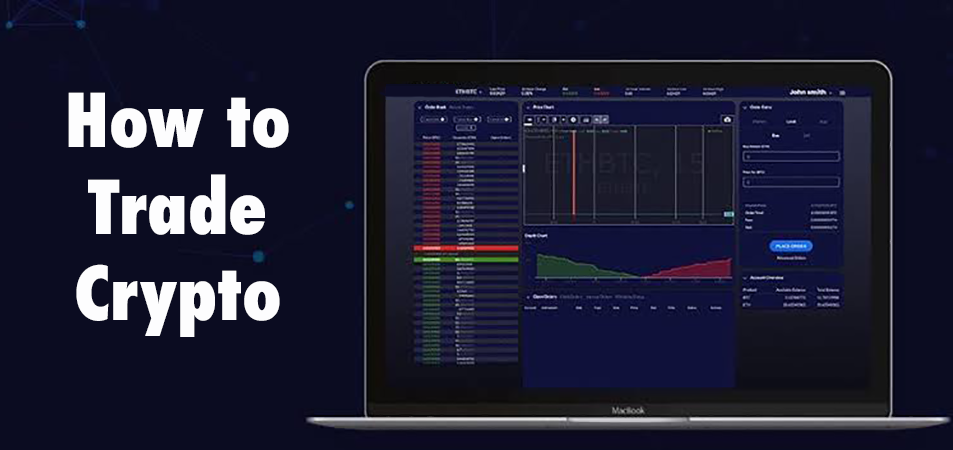Cryptocurrency trading is the act of hypothesizing on cryptocurrency price motions via a CFD trading account, or buying and offering the underlying coins through an exchange. CFDs trading are derivatives, which allow you to hypothesize on cryptocurrency rate movements without taking ownership of the underlying coins. You can go long (' buy') if you believe a cryptocurrency will rise in value, or short (' sell') if you think it will fall.
Your http://johnathanvxdv622.theglensecret.com/cryptocurrency-trading-td-ameritrade-4 profit or loss are still determined according to the full size of your position, so leverage will magnify both profits and losses. When you buy cryptocurrencies by means of an exchange, you buy the coins themselves. You'll need to develop an exchange account, set up the amount of the property to open a position, and store the cryptocurrency tokens in your own wallet until you're ready to offer.
Numerous exchanges likewise have limits on how much you can deposit, while accounts can be very costly to preserve. Cryptocurrency markets are decentralised, which implies they are not released or backed by a main authority such as a government. Rather, they stumble upon a network of computers. However, cryptocurrencies can be bought and offered through exchanges and stored in 'wallets'.
 To Trade Cryptocurrency ...blockgeeks.com
To Trade Cryptocurrency ...blockgeeks.com
When a user wishes to send cryptocurrency systems to another user, they send it to that user's digital wallet. The transaction isn't considered final until it has been validated and included to the blockchain through a procedure called mining. This is likewise how new cryptocurrency tokens are normally developed. A blockchain is a shared digital register of recorded information.
To choose the very best exchange for your requirements, it is essential to check here completely comprehend the kinds of exchanges. The first and most typical kind of exchange is the centralized exchange. Popular exchanges that fall under this category are Coinbase, Binance, Kraken, and Gemini. These exchanges are private business that offer platforms to trade cryptocurrency.
The exchanges noted above all have active trading, high volumes, and liquidity. That said, centralized exchanges are not in line with the approach of Bitcoin. They work on their own private servers which produces a vector of attack. If the servers of the company were to be compromised, the entire system might be shut down for a long time.
The larger, more popular centralized exchanges are without a doubt the simplest on-ramp for brand-new users and they even provide some level of insurance coverage must their systems fail. While this is real, when cryptocurrency is bought on these exchanges it is kept within their custodial wallets and not in your own wallet that you own the secrets to.
Need to your computer and your Coinbase account, for example, become compromised, your funds would be lost and you would not likely have the capability to claim insurance coverage. This is why it is necessary to withdraw any big sums and practice safe storage. Decentralized exchanges work in the exact same way that Bitcoin does.
Instead, think about it as a server, except that each computer system within the server is expanded across the world and each computer system that makes up one part of that server is managed by an individual. If one of these computer systems shuts off, it has no effect on the network as an entire due to the fact that there are lots of other computers that will continue running the network.